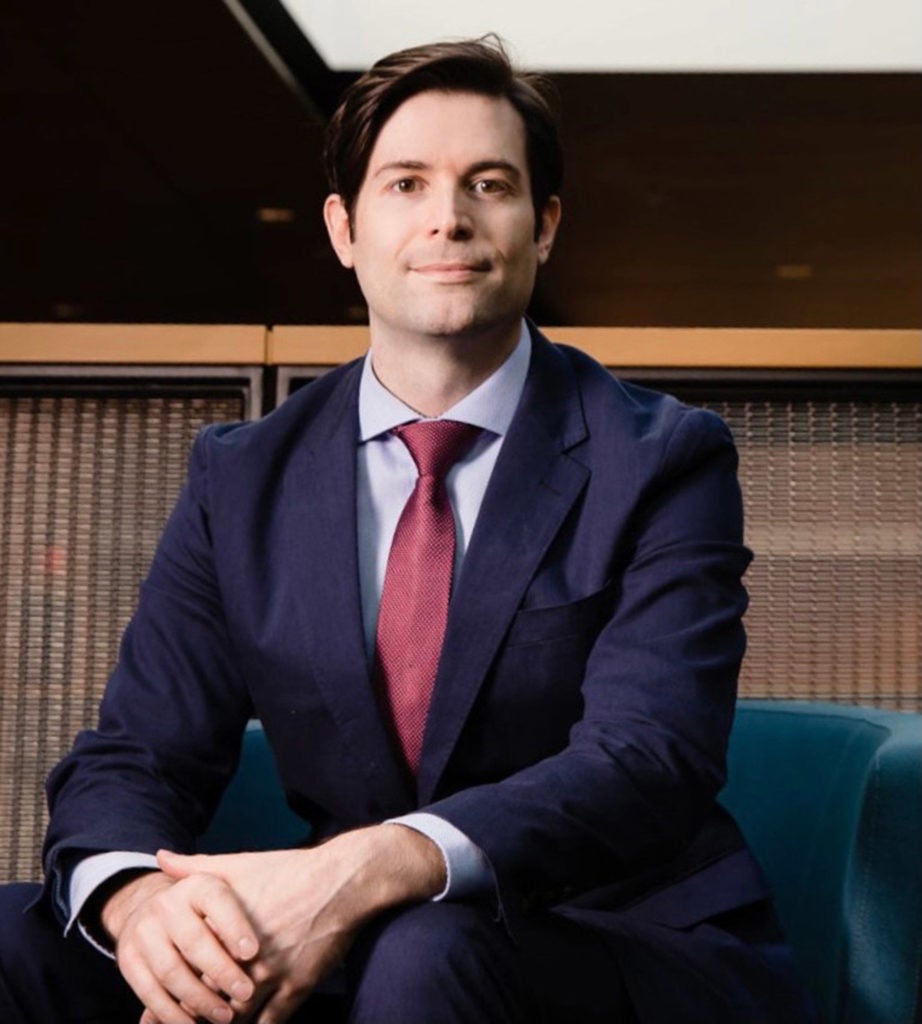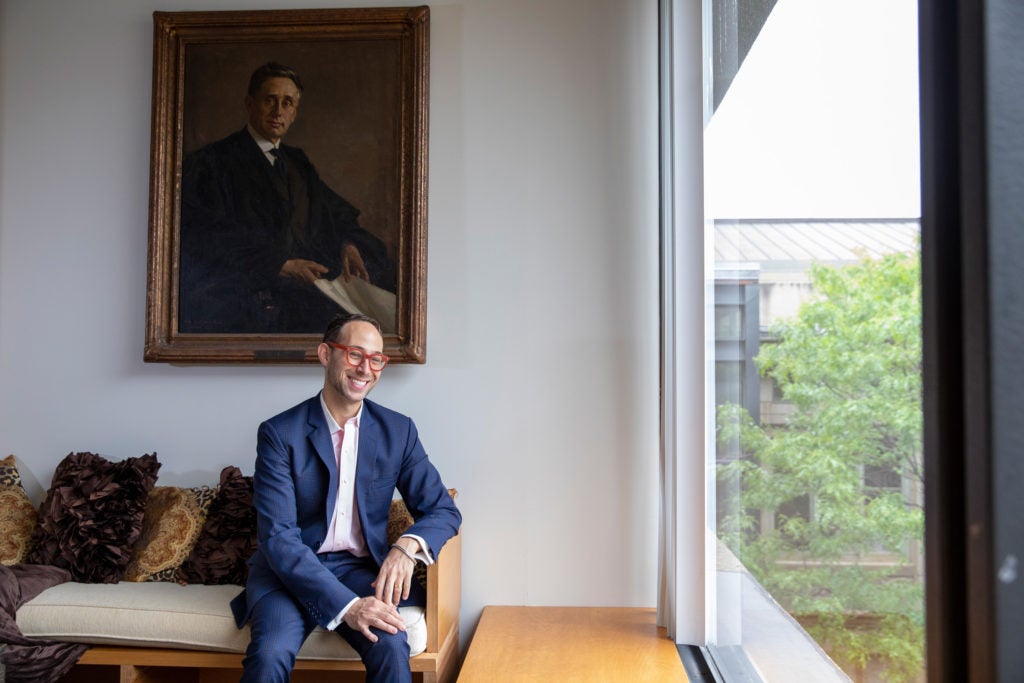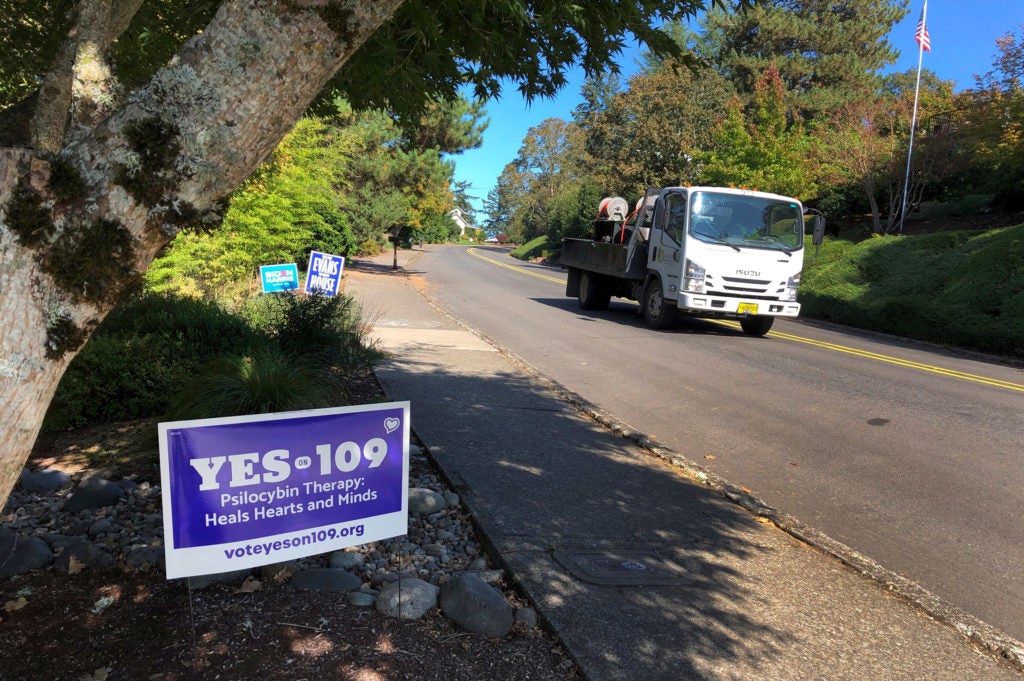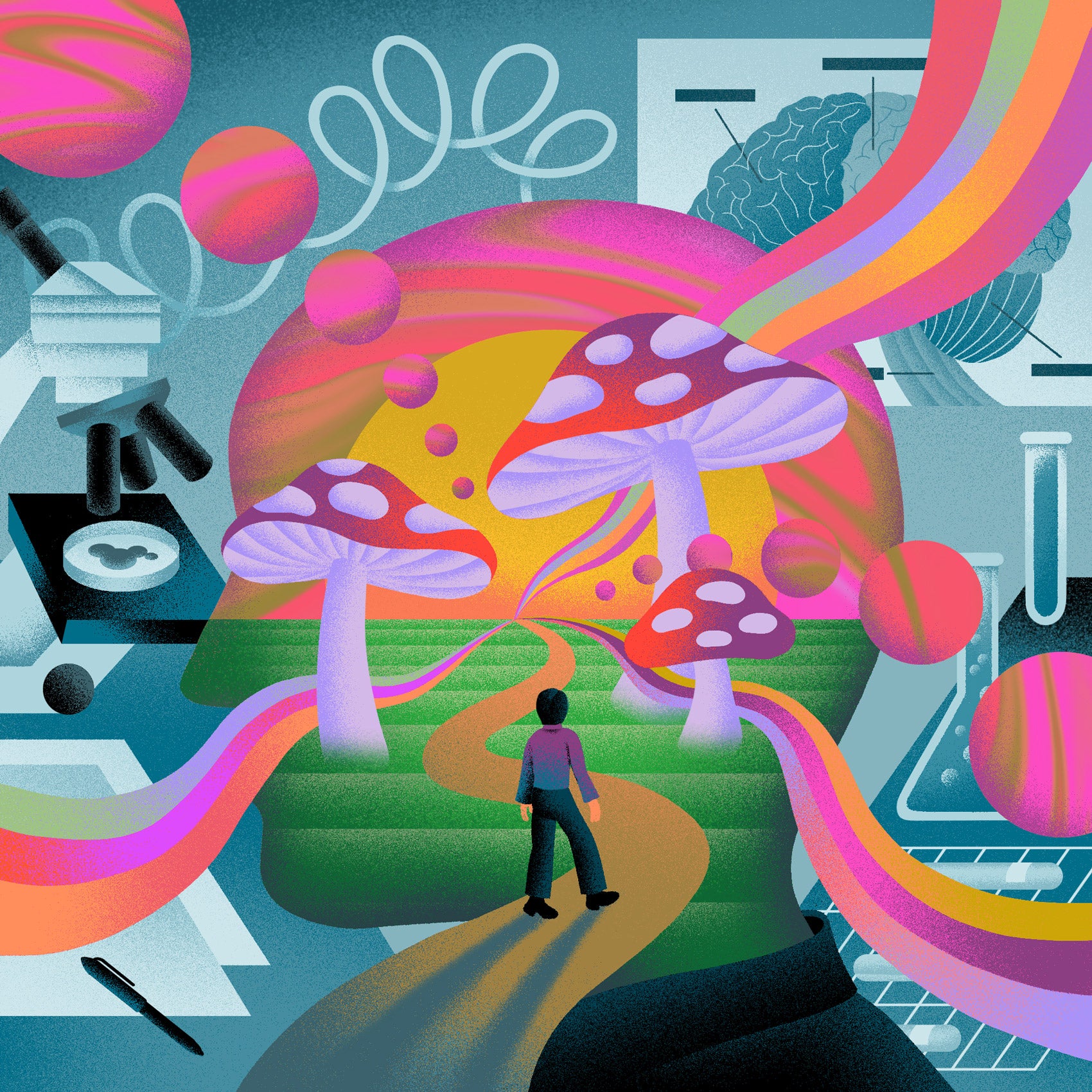The state of mental health in the U.S. is alarming. The suicide rate increased by 35% between 1999 and 2018, according to the Centers for Disease Control and Prevention, and more than 40 million American adults a year experience an anxiety disorder. During the COVID-19 pandemic, the incidence of depression symptoms among U.S. adults has tripled, according to the Journal of the American Medical Association Network. Substance use disorders, including alcohol and opioid addictions, claim tens of thousands of lives a year and cost billions in health care expenses and productivity loss.
As mental illness skyrockets, the development of new medicines has been stagnant. Some believe that an answer may lie in a perhaps unexpected yet ancient treatment: psychedelics.
As mental illness skyrockets and the development of new medicines stagnates, some look to an ancient treatment.
Over the last five years, interest in the medical potential of psychedelics — including MDMA, commonly known as Ecstasy, and psilocybin, the active ingredient in certain mushrooms — has increased dramatically. Numerous clinical trials have demonstrated that psychedelics, when administered in carefully prescribed doses and in a therapeutic setting, can be extraordinarily effective in treating depression, anxiety, and post-traumatic stress disorder. They also show promise for treating addictions to alcohol and cigarettes. Dozens of publicly traded companies, and private companies, too, are deep into research and development of psychedelics.
From that set of developments springs the Project on Psychedelics Law and Regulation, also known as POPLAR, launched in summer 2021 by the Petrie-Flom Center for Health Law Policy, Biotechnology, and Bioethics at Harvard Law School. Funded with a grant from the Saisei Foundation, POPLAR is a three-year initiative to advance evidence-based law, policy, and ethical inquiry related to psychedelics. The project will focus on promoting safety, innovation, and equity in psychedelics research, commerce, and therapeutics through academic conferences and research papers and by providing advisers and educators to lawmakers, courts, and the public.
“When it comes to the interface with the law, the time could not be better for examining psychedelics.”
Glenn Cohen
“When it comes to the interface with the law, the time could not be better for examining psychedelics,” says HLS Professor I. Glenn Cohen ’03, faculty director of the Petrie-Flom Center, who is working on the project along with HLS Professor Jeannie Suk Gersen ’02 and Mason Marks, POPLAR’s project lead. “Right now,” Cohen adds, “there are three pathways that are emerging to use in the U.S. — therapeutic, religious, and recreational — each of which involves very different players, areas of law, and, in some instances, competing interests.”
It is well known that the law often lags behind new technologies. But in the case of psychedelics, current laws may be stifling scientific progress of an ancient technology, says Marks, senior fellow at POPLAR who is both a medical doctor and a law professor at the University of New Hampshire. Psilocybin, peyote, and ayahuasca, he notes, have been used as healing and spiritual aids by Indigenous communities for hundreds or thousands of years.

Though the federal Drug Enforcement Administration has long classified psychedelics as Schedule I controlled substances — meaning that they have no therapeutic value and a high propensity for abuse — about 20 years ago, the drive for better mental-health treatments prompted a fresh look at psychedelics. Given that it is possible to have frightening or unpleasant experiences using them, it is essential they be administered in safe and comfortable environments, explains Marks. With approval from the Food and Drug Administration, a restricted level of clinical research resumed. It produced such exciting results that in 2017, the FDA designated MDMA as a “breakthrough therapy” for PTSD, and it identified psilocybin as a breakthrough for treatment-resistant depression in 2018. That year, the book by Michael Pollan (who is now a professor in the Harvard English Department) “How to Change Your Mind: What the New Science of Psychedelics Teaches Us About Consciousness, Dying, Addiction, Depression, and Transcendence” rose to No. 1 on The New York Times bestseller list, and in 2019, a documentary film, “Fantastic Fungi,” extolled the benefits of psychedelic mushrooms in treating a host of illnesses.
Oregon became the first state to legalize the therapeutic use of psilocybin, in the fall of 2020, and at least eight cities, including Seattle, Denver, and Oakland, have taken similar steps. “The past two years have just been exponential in terms of shifting public norms,” Marks says. In 2020, he proposed that Petrie-Flom host an academic panel discussion on psychedelics. Held that October, it was one of the center’s best-attended panels, and the idea for POPLAR emerged.
“While we have seen a number of programs at prestigious medical schools focused on running clinical trials related to psychedelics, promising results will not be translated to therapy without overcoming several legal and ethical barriers,” says Cohen. “That is where our project comes in, the first of its kind in the world. It also allows us to examine the way legal choices will have huge social implications. For example, should we allow patents here and what will that do to access? How do we properly treat Indigenous traditions and ways of knowing that are at the heart of some of these practices?”

With FDA approval, a number of clinical trials and commercialization efforts are underway by several pharma companies for a variety of psychedelics, and the psychedelic drugs market is expected to reach nearly $11 billion by 2027, according to Research and Markets. Psilocybin and MDMA are much further along in the FDA approval process than some others, Marks says, “but compared to 10 or 15 years ago, there’s just so much evidence of their value that it’s difficult to ignore.” Psilocybin, for example, has been tested by American and European drug companies in more people than some FDA-approved drugs, and its safety is impressive, he says. “People familiar with the data agree that psilocybin, specifically, has very, very low toxicity,” making it very difficult to overdose. A study in The New England Journal of Medicine found that compared with SSRIs, drugs that are widely used to treat depression and are taken on a daily basis, psilocybin was equally effective after just two doses.
However, the Drug Enforcement Administration continues to limit the amount of psilocybin and other psychedelics that can be produced each year, and because these drugs remain heavily stigmatized, federal funding for research isn’t easy to get. “Under existing laws, only well-capitalized private companies can fund this research,” Marks says. Yet growing evidence supporting the public health value of psychedelics, including their potential to alleviate the national overdose epidemic, means that policy decisions shouldn’t be left to private companies but should include physicians, scientists, and the public, he insists.
No one fully understands exactly how psychedelics work, although they appear to foster neurogenesis, the growth of new brain cells, and some postulate they affect a brain system called the default mode network, where self-critical thoughts can become stuck. But no one really understands how SSRIs and many other drugs work, either, he says.
POPLAR is examining the ethics and legality of administering these drugs and is currently partnering with the Oregon Psilocybin Advisory Board, appointed last March by Oregon Gov. Kate Brown, to develop a framework for the therapeutic use of psilocybin. Marks, who also serves on the board, says POPLAR’s work will help policymakers in Oregon and beyond evaluate questions related to the legality and social impact of psilocybin therapy.

U.S. Congressman Earl Blumenauer (D-Ore.) delivered opening remarks at POPLAR’s first conference, “Introducing POPLAR: The Future of Psychedelics Law and Regulation,” in early October. The project also hosted an event on ethics in psychedelic therapy and research in November and will hold another on trauma and psychedelics in late February. It has hired a new research fellow, David Angelatos, and has produced a number of research papers on a variety of subjects, from the IP law issues of psychedelics to ethics in research and therapy. Cohen and Marks wrote an article, “Psychedelic therapy: a roadmap for wider acceptance and utilization,” published Oct. 4 in Nature Medicine. And Marks, later that month, published an essay in Scientific American on the law and science of moving psilocybin from Schedule I to a less restricted category at the federal level. In February, the Harvard Law Review Forum will publish Marks and Cohen’s article on patenting psychedelics.
One issue that any jurisdiction that legalizes psychedelics will face is that manufacturers and service centers will find it “very, very expensive to enter the market,” says Marks. Treatment will also be expensive, he adds, and it’s essential to figure out how marginalized communities, which were devastated by the War on Drugs, can participate in the nascent industry. “It’s a big question we’re trying to figure out in Oregon,” says Marks, who notes that social-equity programs in the cannabis industry have “failed miserably.” Intellectual property is a huge issue, too, because many companies are already seeking and receiving patents, some for “inventions” that have been used by Indigenous people for millennia. “Many members of this community feel it is a form of biopiracy to take that knowledge without compensation or acknowledgment,” he says. “How to address that through the legal system is a big question.”
Overall, Marks is excited about the possibilities for the future. “What psychedelics represent, for me, is the most meaningful and promising innovation to come along in decades, or maybe ever, and what’s so incredible about that is that they were here all along,” he says. “When you think about the burden on society of these conditions, you’re talking about literally hundreds of billions of dollars, and the disease burden is immeasurable. I don’t know that psychedelics are going to solve that problem, but if they can even take a sizable chunk out of it, that’s incredible progress.”
